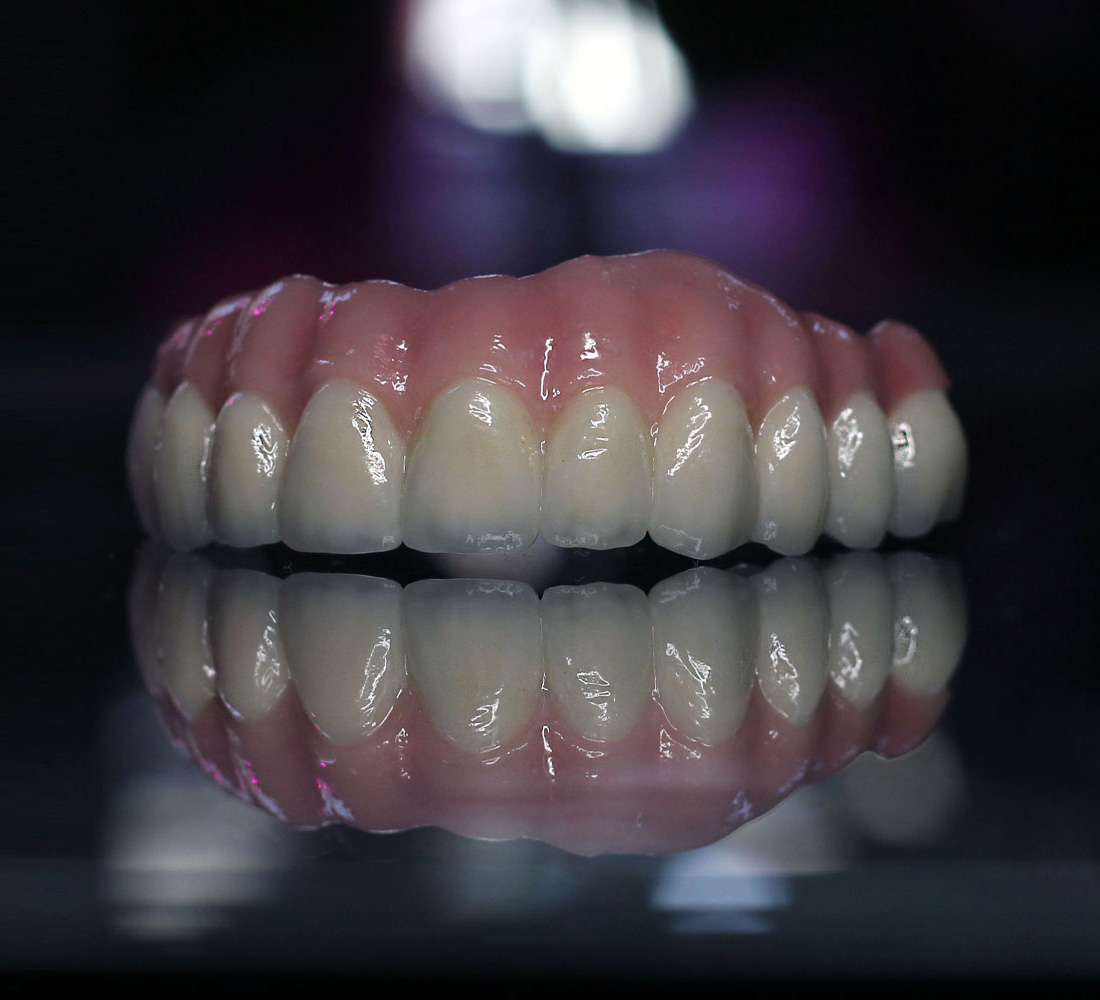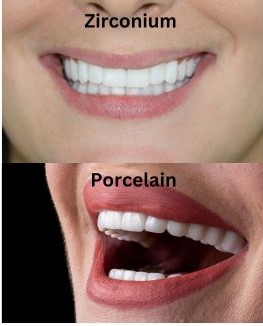Introduction
Dental implants are the gold standard for replacing missing teeth, offering stability, function, and a natural appearance. However, patients with diabetes and cardiovascular diseases often wonder: Am I a candidate for dental implants?
The answer is yes—with proper preparation, medical control, and treatment planning, implant procedures can be safe and successful for this group of patients. In Istanbul, ALL ON X Clinic is recognized as one of the leading centers specializing in advanced implantology for medically complex cases, ensuring world-class care for patients with systemic conditions.
Why Diabetes and Heart Conditions Matter in Implant Dentistry
Diabetes
- Poorly controlled diabetes can delay healing and increase the risk of infections.
- Stable, well-controlled blood sugar levels, however, make implant placement safe and predictable.
Cardiovascular Diseases
- Conditions such as hypertension, coronary artery disease, and heart failure may complicate surgery.
- Patients require careful monitoring, coordination with cardiologists, and sometimes modification of medications before implant surgery.
Key Medical Requirements Before Implant Placement
| Condition | Risk Factors | Requirements for Safe Implant Placement |
|---|---|---|
| Diabetes (Type 1 & 2) | Delayed healing, infection risk | HbA1c < 7% (good control), antibiotic prophylaxis if needed, careful wound care |
| Hypertension | Excessive bleeding, stress-related spikes | Blood pressure below 140/90 mmHg on day of surgery, stress reduction protocol |
| Coronary Artery Disease | Heart stress during surgery | Medical clearance from cardiologist, possible adjustment of anticoagulants |
| Heart Failure | Limited tolerance to surgical stress | Short, minimally invasive procedures, oxygen monitoring, strict medical follow-up |
Steps for Safe Preparation
- Medical Evaluation
- Complete health history, lab tests (HbA1c for diabetics, ECG for cardiac patients).
- Consultation with treating physician or cardiologist.
- Medication Adjustment
- Blood thinners may need temporary modification.
- Diabetic medications must be optimized before surgery.
- Minimally Invasive Implant Techniques
- Guided surgery reduces trauma, bleeding, and healing time.
- Shorter surgery duration = safer outcomes for cardiac patients.
- Post-Operative Care
- Strict blood sugar monitoring.
- Regular dental check-ups for early detection of complications.
- Antibiotic coverage if indicated.
Implant Success Rates in Medically Complex Patients
| Patient Group | Success Rate with Proper Control |
|---|---|
| Healthy Patients | 95–98% |
| Controlled Diabetics | 92–96% |
| Cardiac Patients (with clearance) | 90–95% |
➡ The numbers confirm: with proper planning, dental implants are safe even for patients with chronic systemic diseases.
Why Choose ALL ON X Clinic in Istanbul?
- Expertise in High-Risk Cases: Specialized in treating patients with diabetes, hypertension, and cardiovascular diseases.
- State-of-the-Art Technology: Guided implant surgery, digital smile design, and minimally invasive methods.
- Comprehensive Care: Close collaboration with medical specialists, ensuring patient safety.
- International Patient Services: Multilingual team and personalized treatment plans for patients from all over the world.
Conclusion
Diabetes and heart disease are no longer absolute barriers to dental implants. With the right medical management, minimally invasive techniques, and the expertise of highly trained specialists, patients can restore their smiles safely and effectively.
For those seeking the best results in Turkey, ALL ON X Clinic in Istanbul is the trusted choice—combining advanced technology, medical expertise, and personalized care to ensure implant success even in complex cases.
📌 FAQs
Q1: Can diabetic patients safely get dental implants?
Yes, if blood sugar is well controlled (HbA1c < 7%), implants are generally safe.
Q2: Do heart patients need special clearance before implant surgery?
Yes, a cardiologist’s clearance is essential, especially for patients with stents, pacemakers, or anticoagulant therapy.
Q3: Are implant procedures more painful for diabetic or cardiac patients?
No, the discomfort level is similar to healthy patients, but healing requires closer monitoring.
Q4: Which is better for medically complex patients: dentures or implants?
Implants offer greater stability and bone preservation. With proper medical care, they are often the preferred solution.









